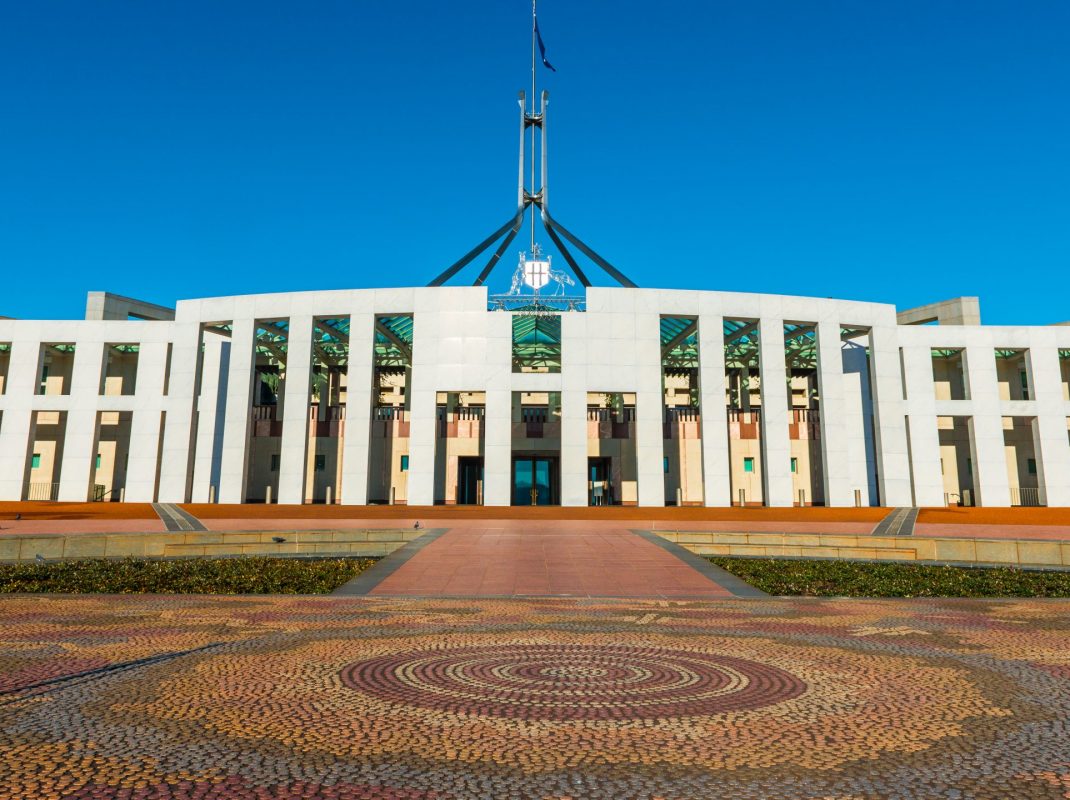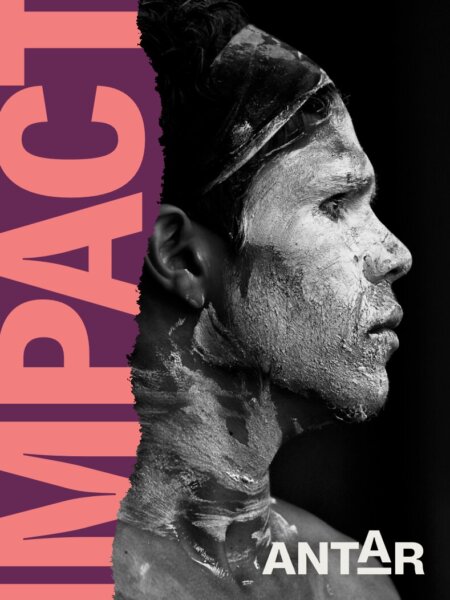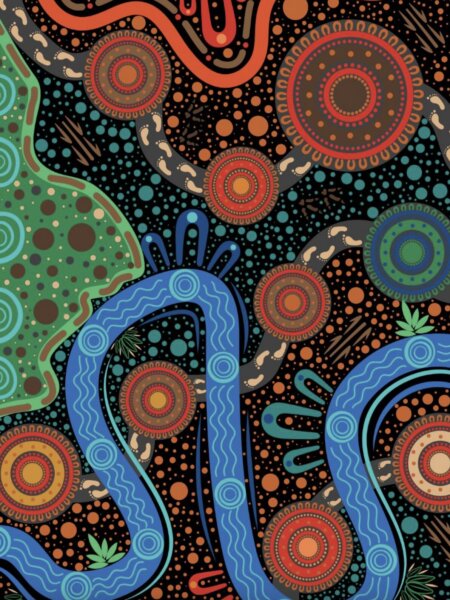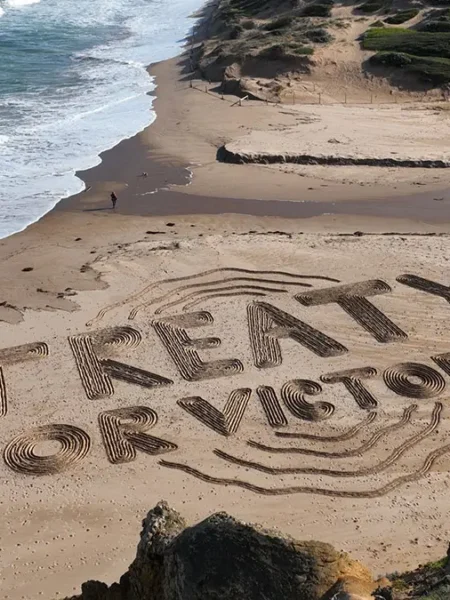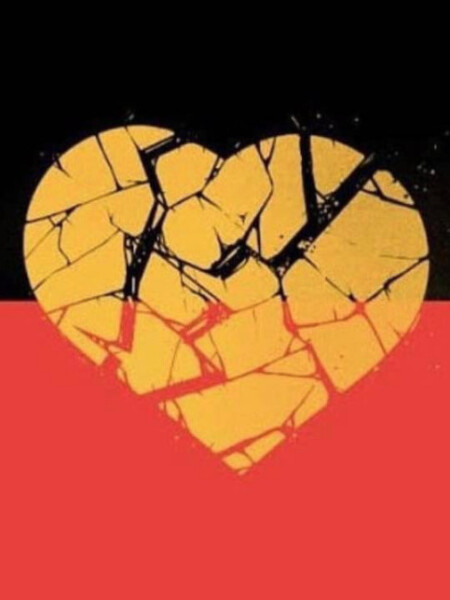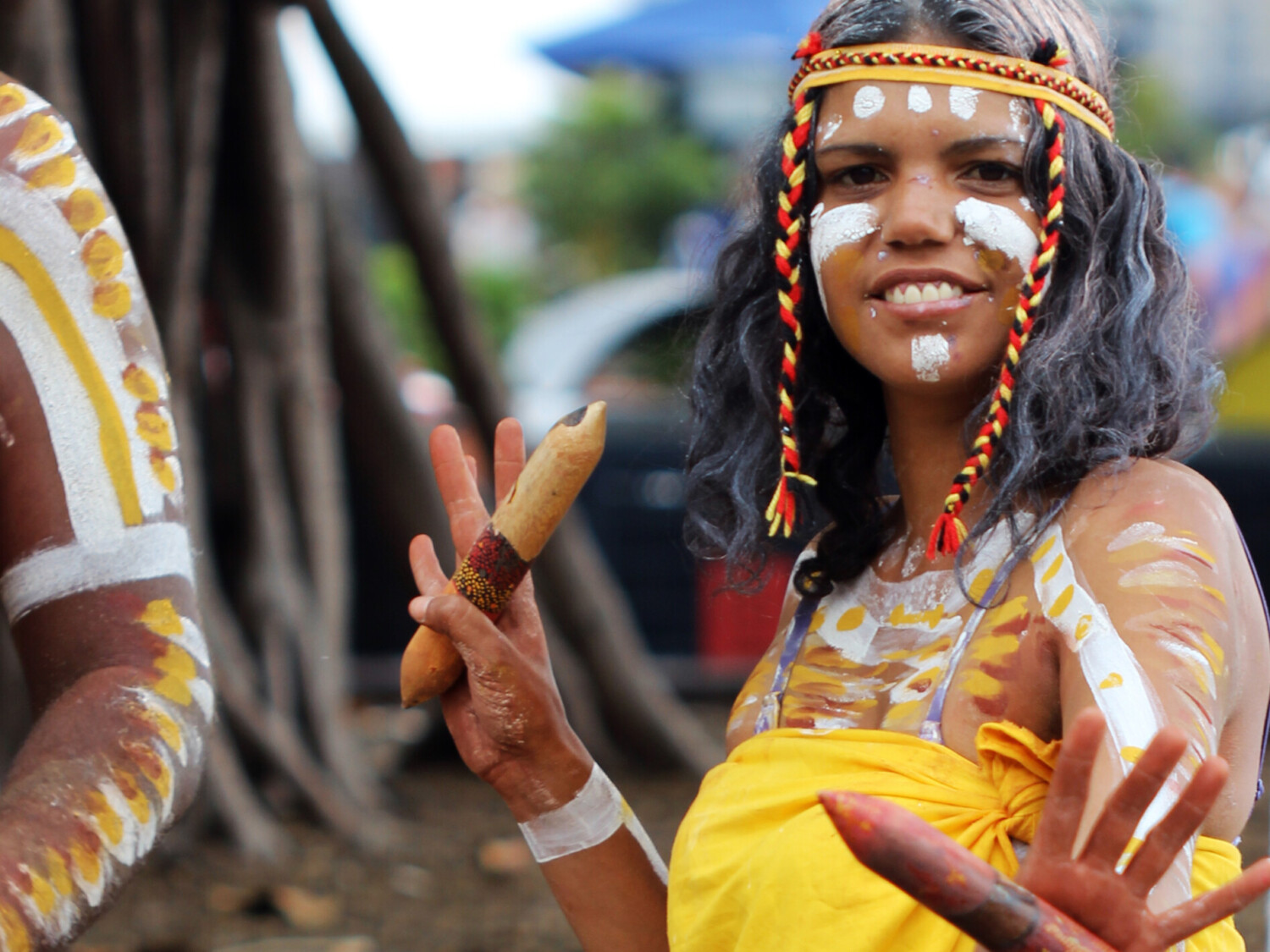An Aboriginal and Torres Strait Islander Voice to Parliament enshrined in the Constitution would do two primary things: firstly, represent the opinions, needs and lived experience of First Nations peoples across the country in policies and laws that affect them, and secondly, recognise the unique status of Aboriginal and Torres Strait Islander peoples as the First Peoples on whose lands the nation of Australia has been established.
Throughout Australia’s history, First Nations peoples have not had an equal say – or ‘Voice’ – in the decision making that directly impacts their lives, communities, and the realisation of their human rights. The ability of First Nations peoples to secure and advance their right to meaningful self-determination hinges at least in part on this ability to participate in Federal decision-making through a representative body that is elected, accountable and enduring.
Prior to the 1967 referendum, decision making power about Aboriginal and Torres Strait Islander communities was restricted to State and Territory governments, whose colonial control was exercised under the guise of ‘protection’. For instance, the NSW government legalised the removal without reason of First Nations children from their homes and controlled Aboriginal reserves by passing the Aborigines Protection Act 1909 and 1915. This removal has amounted to a form of cultural-social genocide against First Nations peoples, now known as the Stolen Generation.
With the 1967 Referendum, the Federal government was given the power to pass legislation about First Nations peoples and communities. What followed was the establishment of a series of federal representative bodies designed to represent the voices of Aboriginal and Torres Strait Islander communities at a national level. Without a constitutional guarantee, however, these bodies were defunded, disbanded and abolished by the governments’ of the day throughout the years – often when their advice conflicted or disagreed with government agendas – leading to a lack of a permanent Voice for First Nations peoples and a fundamental disrespect for their views, insights and lived experience.
The first substantive action from the Federal government regarding Aboriginal and Torres Strait Islander people having an increased say in their affairs following the 1967 Referendum came from the Whitlam government in 1972 with the formation of the National Aboriginal Consultative Committee (NACC). However, Aboriginal and Torres Strait Islander-led campaigning for a Voice in decision-making reaches back much further.
What follows is a selected history of key moments in the struggle for recognition and representative bodies to date that have been created with the intention to convey the voices, wishes and concerns of First Nations peoples at a national level.
Timeline
